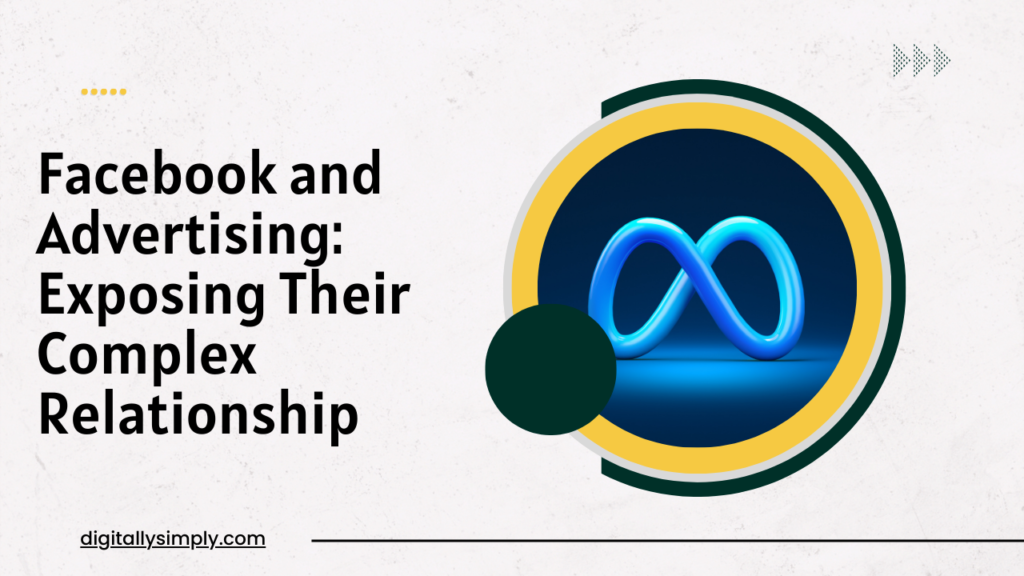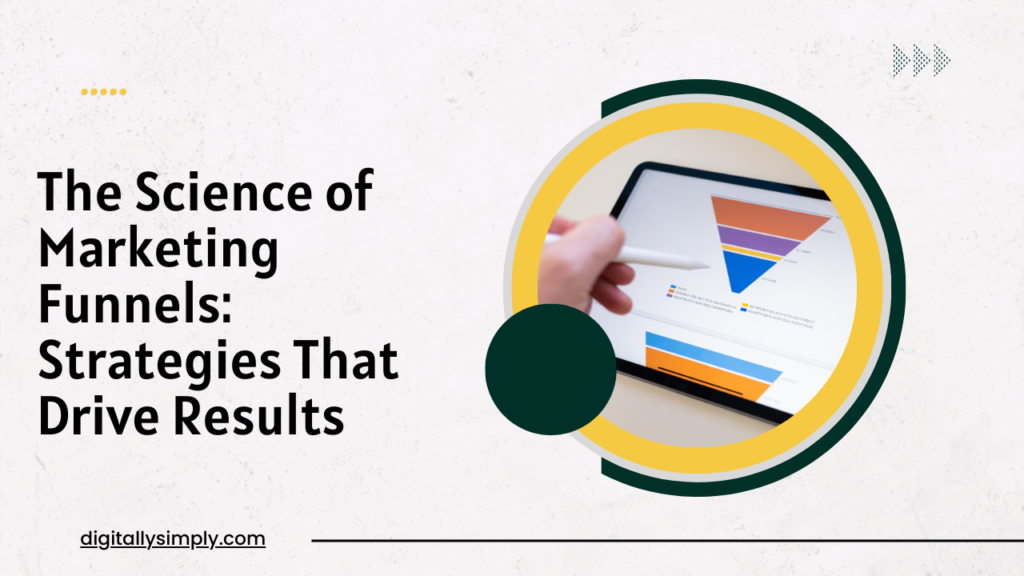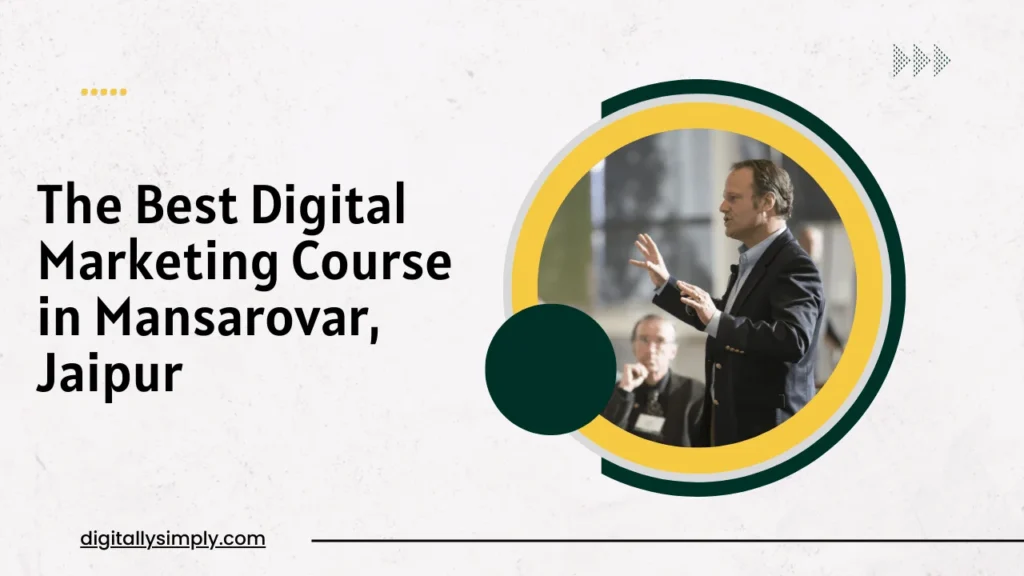How Digital Marketing Helps to Grow Your Business?
How Digital Marketing Helps to Grow Your Business? In today’s digital age, digital marketing has become essential for businesses looking to establish an online presence, reach new audiences, and grow their customer base. With billions of people spending hours online every day, leveraging digital marketing strategies can significantly impact a business’s success and growth. This article will explore how the main pillars of digital marketing – search engine optimization, social media marketing, email marketing, and local SEO – can help take your business to the next level. Search Engine Optimization Search engine optimization (SEO) involves optimizing a website and its content to rank higher in search engines like Google and Bing. Higher rankings mean increased visibility, so that when people search for products or services you offer, your website appears at the top of search results. This results in more website traffic and exposure for your brand. There are various SEO techniques you can implement: Conduct keyword research to identify high-volume, relevant keywords to target. Incorporate these keywords naturally throughout your website and content. Create blog posts and other content that answer user questions and provide valuable information. Search engines favor websites with regular new content. Ensure your website has a fast load speed, secure HTTPS connection, and is mobile-friendly. These are key ranking factors. Build high-quality backlinks from other relevant websites to signal authority and boost rankings. Fix technical errors like broken links or meta tags. Proper on-page SEO helps search engines crawl and index your site correctly. Investing in ongoing SEO leads to higher rankings, increased organic traffic, lower cost-per-click, and ultimately more conversions and sales. Social Media Marketing Having a presence on social media platforms like Facebook, Instagram, Twitter, and LinkedIn is crucial for modern businesses. These channels allow for direct engagement with your target audience and building an online community around your brand. Strategic social media marketing activities can help grow your business: Leverage social listening tools to identify your audience’s pain points and interests. Craft relevant content that adds value for them. Create shareable content formats like videos, infographics, and photo posts that spark engagement. Run contests and giveaways to increase followers and brand awareness. Promote your products and services through social ads and sponsored posts. These reach specific demographics. Partner with social media influencers in your industry to tap into their follower base. Analyze performance using analytics to refine your strategies. Social media provides a direct line to customers. Done right, it generates leads, boosts website traffic, improves brand visibility, drives sales, and creates brand loyalty. Email Marketing Email marketing involves sending promotional messages and advertisements to potential and existing customers through email. It remains one of the most cost-effective digital marketing channels with high returns on investment. Here are some tips to succeed with email marketing: Offer an opt-in form on your website so visitors can subscribe to your email list. Offer a lead magnet like a discount or free resource in exchange for their email. Segment your list and send targeted emails to customize the messaging and offers based on subscriber interests, purchase history, and other factors. Create attention-grabbing subject lines and preview text to get your emails opened and read. Focus your content on helping the reader and providing value rather than overt sales pitches. Useful tips, how-to articles, or exclusive offers resonate well. Automate email sequences to nurture leads with relevant follow-up messages tailored to where they are in the buyer’s journey. Analyze open and click-through rates to optimize your email approach. Email is inexpensive to implement and offers exceptional ROI. Used strategically, it can become a steady source of qualified leads, repeat sales, upsells, and brand loyalty. Local SEO For businesses that operate locally like restaurants, retail stores, or service providers, local SEO is key to driving foot traffic and increasing local conversions. Some best practices for local SEO include: Optimizing your Google My Business listing with a complete profile including photos, business info, and customer reviews. This will help you rank in Google’s local pack. Building citations and consistent NAP (name, address, phone number) information across directories like Yelp and Apple Maps. Encouraging customer reviews on Google, Facebook, and across various directories. More positive reviews improve local rankings. Creating location-specific landing pages and content that includes your city and state. Optimizing your website for local SEO by including your business name, address, and phone number on every page. Using local keywords and geo-modifiers like area codes throughout your on-page content. Running hyperlocal PPC campaigns if your budget allows. Ranking higher locally means more store visits, phone calls, and bookings from nearby customers. A strong local SEO strategy is invaluable for location-dependent businesses. The Power of Digital Marketing Implementing SEO, social media marketing, email marketing, and local SEO collectively as part of your digital marketing strategy provides tremendous opportunities for business growth. Each channel offers unique benefits that, when combined, drives highly qualified traffic to your website and increases conversions across the board. Using data and analytics helps refine your approach over time. With a sound digital marketing plan in place, you can take your business to new heights. Conclusion Implementing a strategic digital marketing plan takes time, effort, and dedication. But the long-term rewards are well worth it. By leveraging SEO, social media marketing, email campaigns, and honing your local online presence, you can connect with more qualified prospects, nurture leads, and give your business the visibility it needs to grow and thrive. Each marketing channel serves a purpose, and together they provide a comprehensive plan to increase organic traffic, leads, and conversions. Focus on providing value to prospects and customers through informative and engaging content across platforms. Learn from the data each channel provides to continually refine strategies over time. With customer needs evolving and competition rising, a results-driven digital marketing approach is crucial for business success today. The time is now to invest in your digital presence and take your business to the next level. Get a Free Consultation
How Digital Marketing Helps to Grow Your Business? Read More »










